Scholars and experts from China, Japan, the United States and other regions gathered at a symposium commemorating the 80th anniversary of the victory in the Chinese People's War of Resistance Against Japanese Aggression and the World Anti-Fascist War.
The event was held on June 29 at Changchun Normal University in China and Musashino University in Japan, with participants using oral histories and privately held historical materials to expose Japan's wartime atrocities. They called on Japan to face up to historical truths and learn from the past.
Tamiko Kanzaki, a former translator for Japan's national broadcaster NHK, recounted her childhood experiences in the puppet state of "Manchukuo," where she was indoctrinated with militaristic education.
She condemned Japan's wartime actions, including the notorious "Three Alls Policy" and the Nanjing Massacre.
Yoichi Jomaru, a former journalist with Asahi Shimbun, shared his research on Japanese media's selective wartime and postwar coverage of the Nanjing Massacre.
He criticized the Japanese media for downplaying aggression in China while highlighting Japanese suffering, such as the atomic bombings, and urged the media to defend historical truth.
Historians at the symposium emphasized the importance of oral history in academic research, calling for remembrance of the past and a shared commitment to peace.
An exhibit at the Musashino University venue featured artifacts related to Japan's invasion of China, including military correspondence preserved by Japanese civilians. Organizers said the "silent witnesses" serve to prompt reflection and remembrance.
Li Suzhen, executive vice president of the Sino-Japanese Oral History and Culture Research Association, said that remembering history is not about perpetuating hatred, but about learning from the past to promote global peace and friendship.
(Cover: File photo of Japanese tank and armored vehicle units in Nanjing City, east China's Jiangsu Province, December 11, 1937. /VCG)








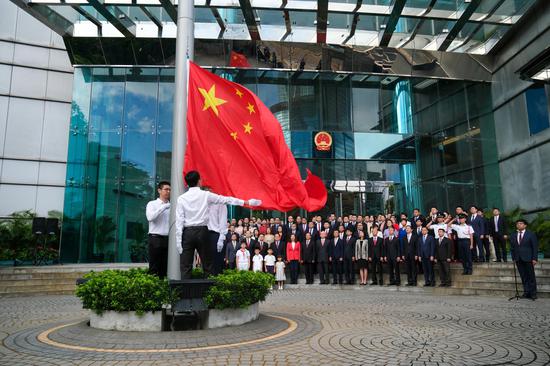
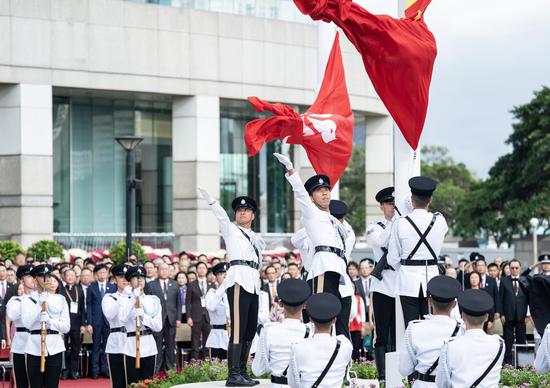
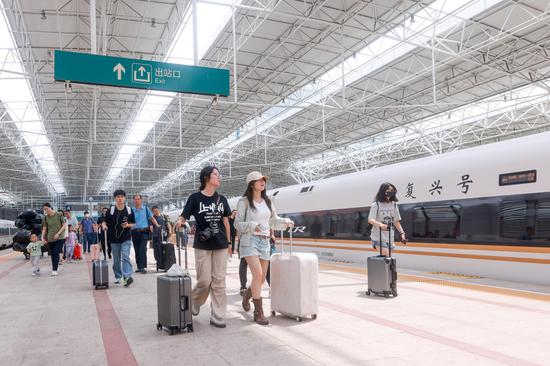
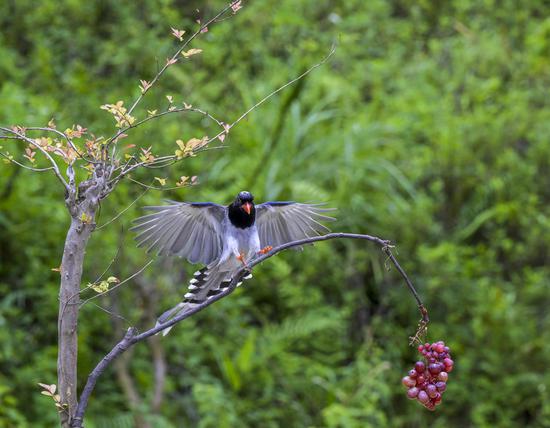
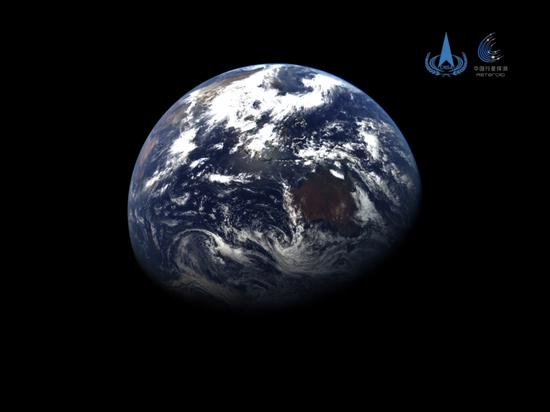
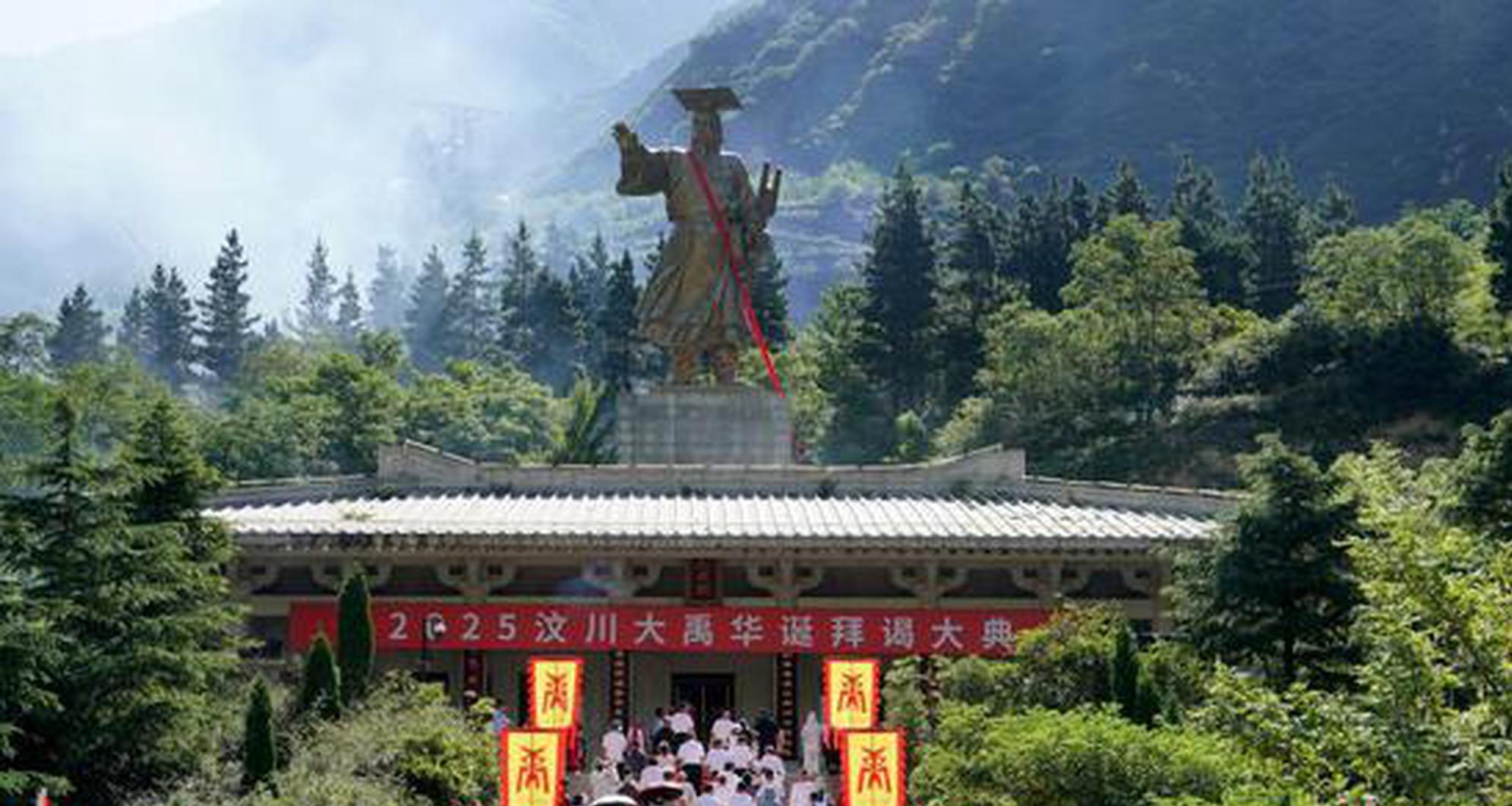
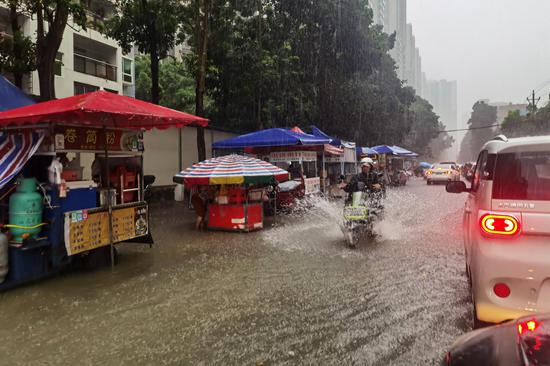
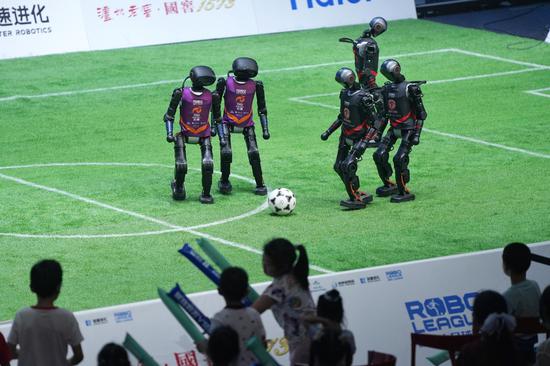
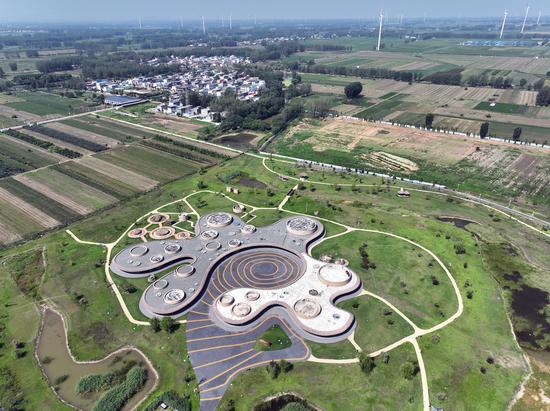
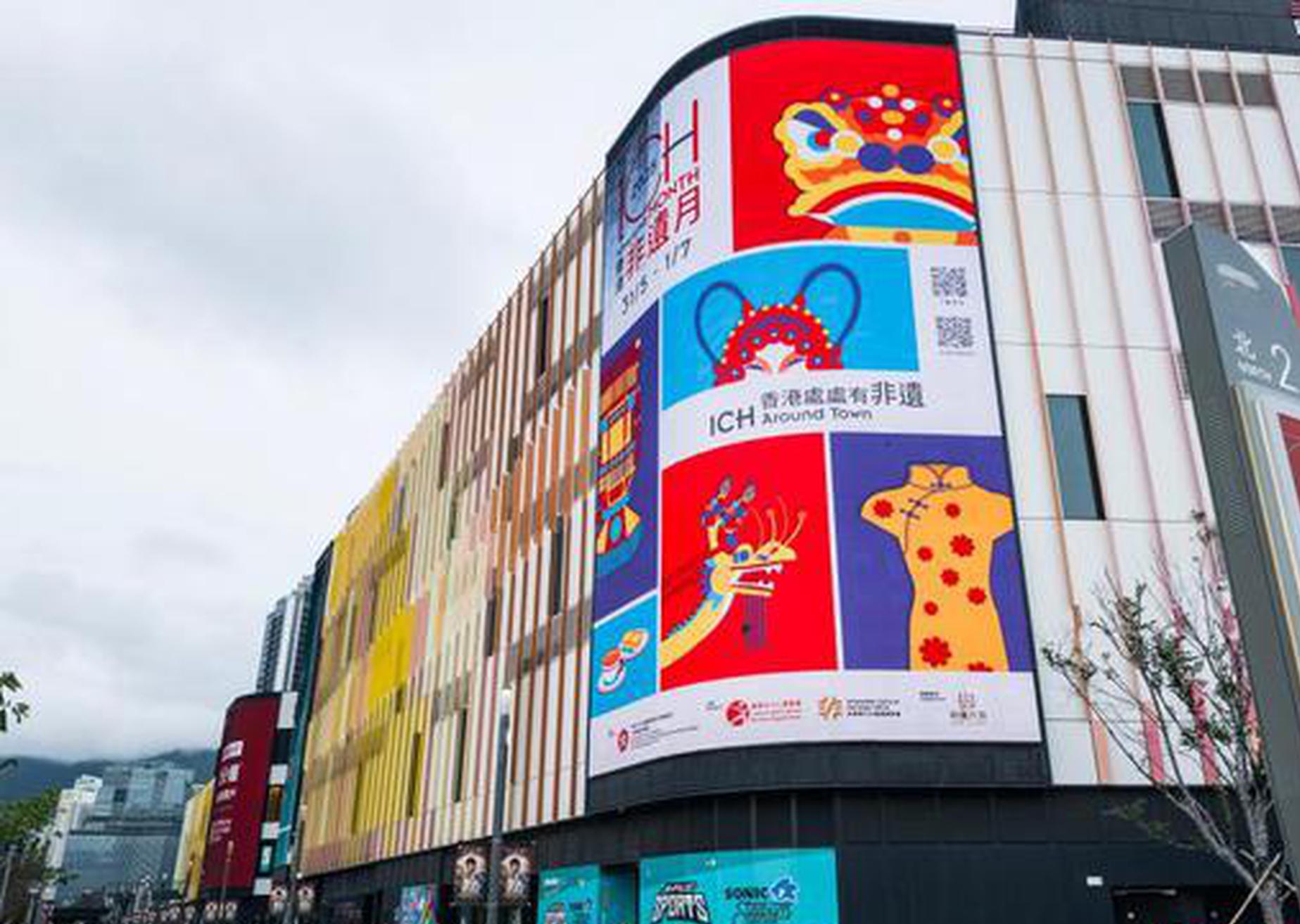

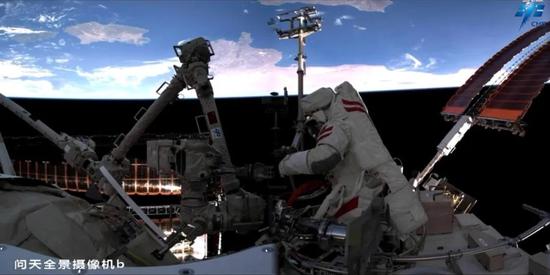

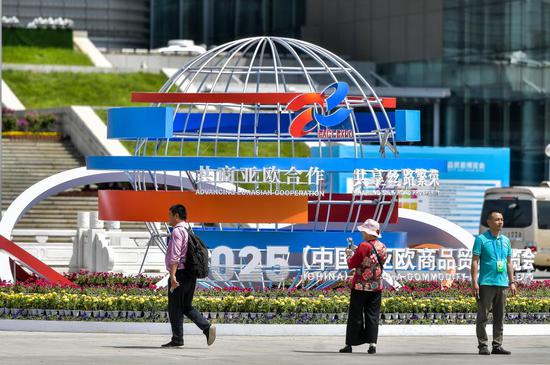
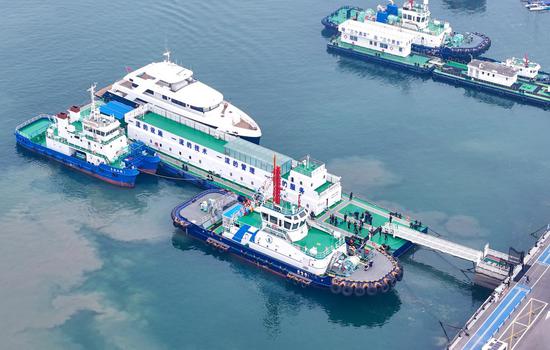
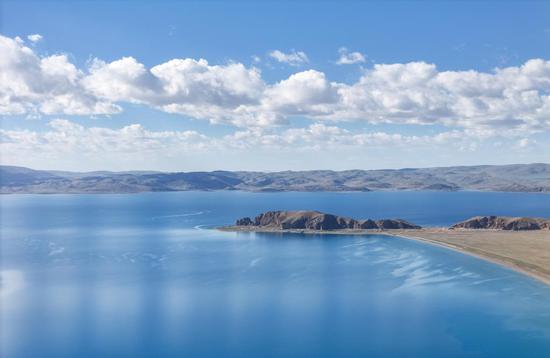
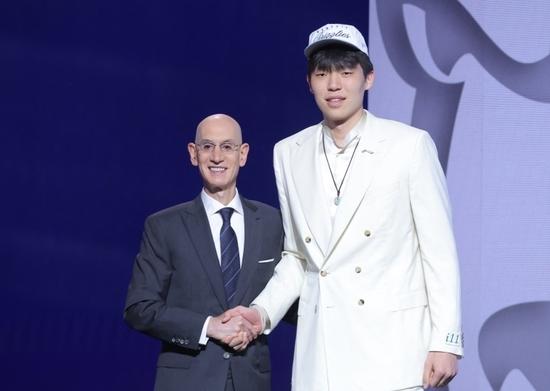

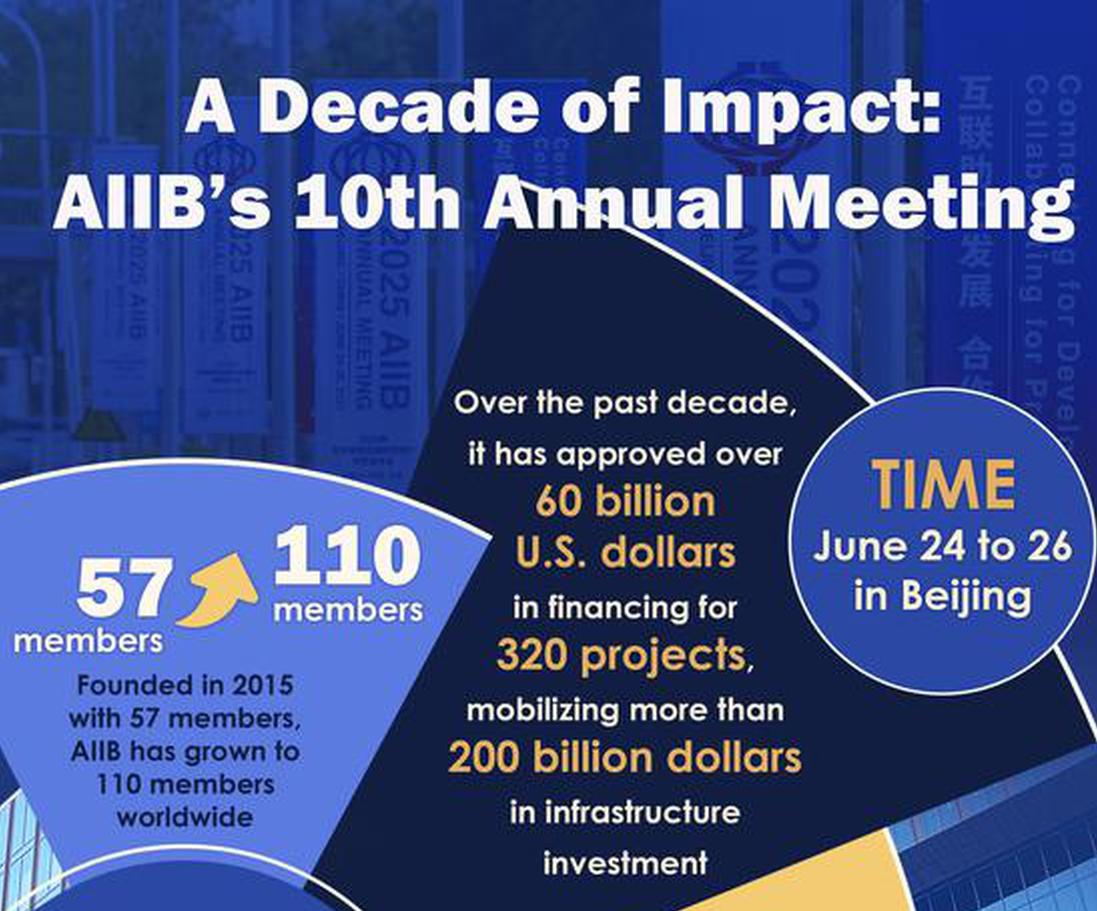
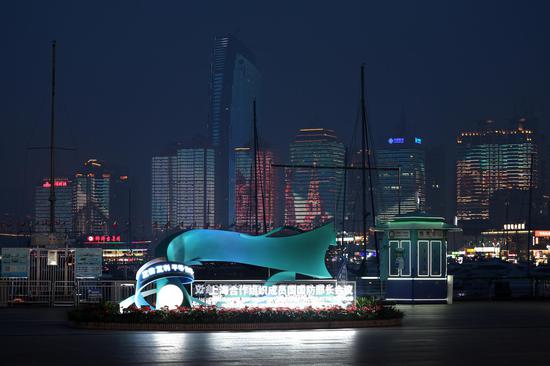
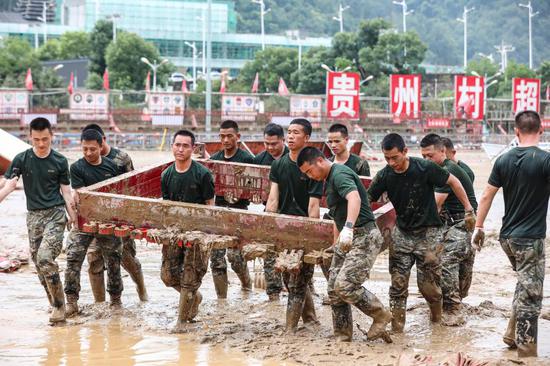
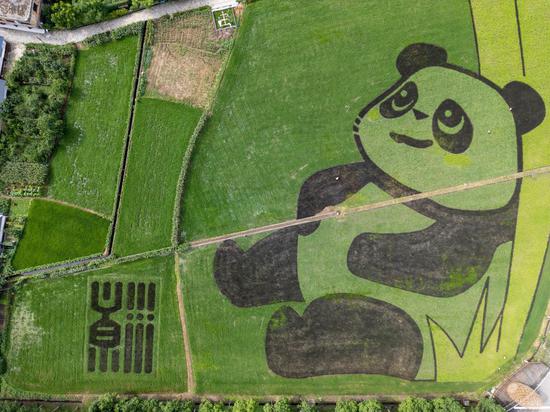
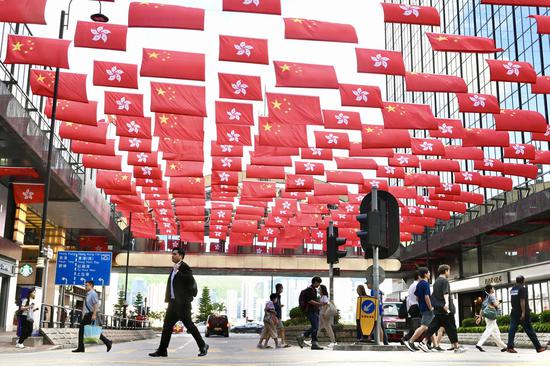


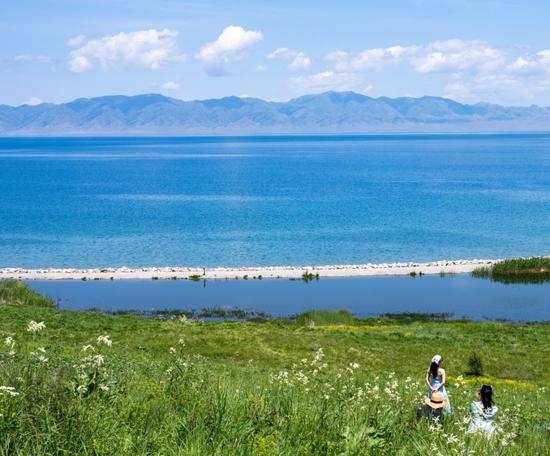
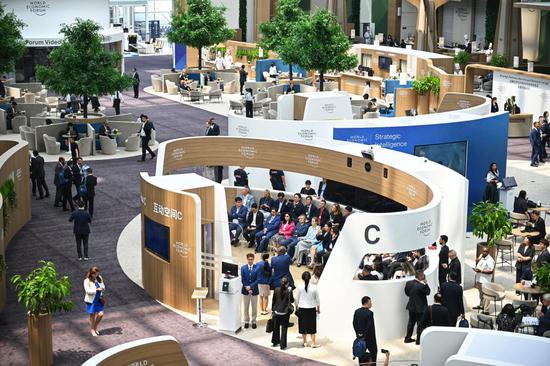

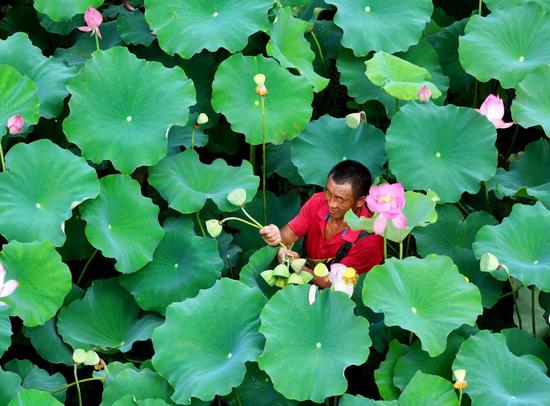

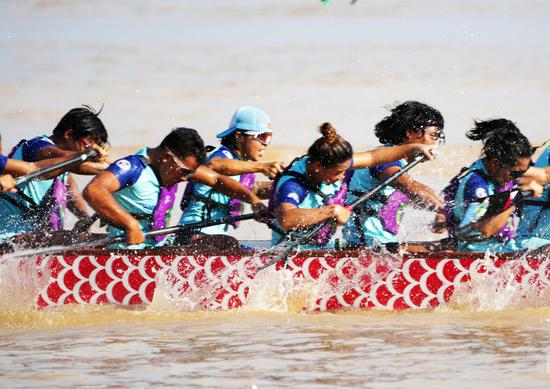
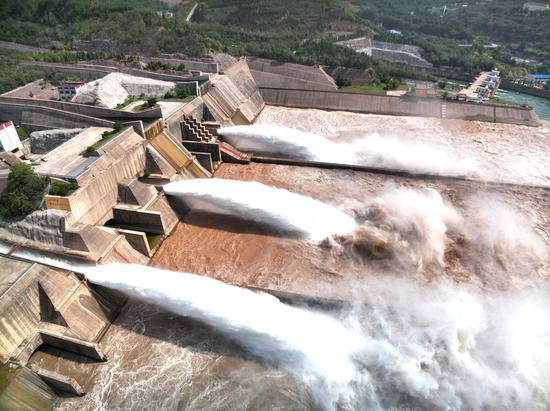
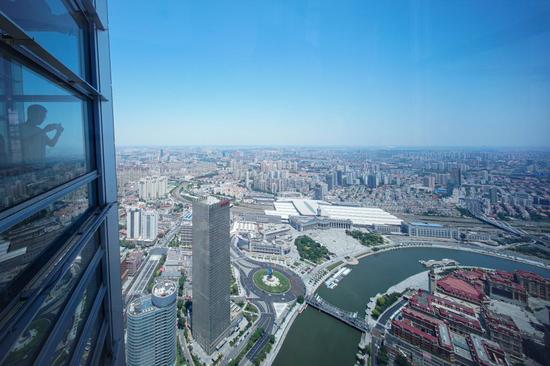


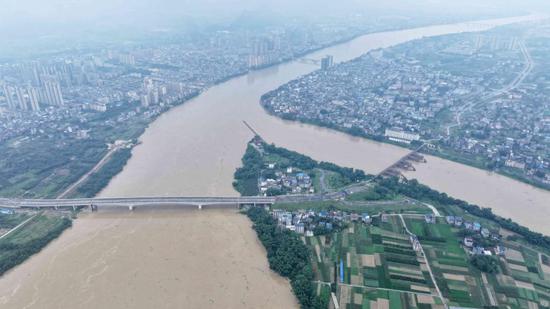
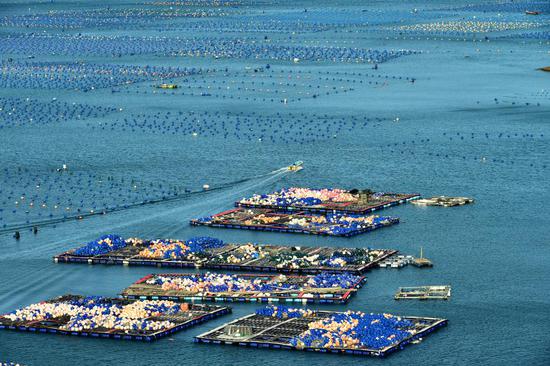



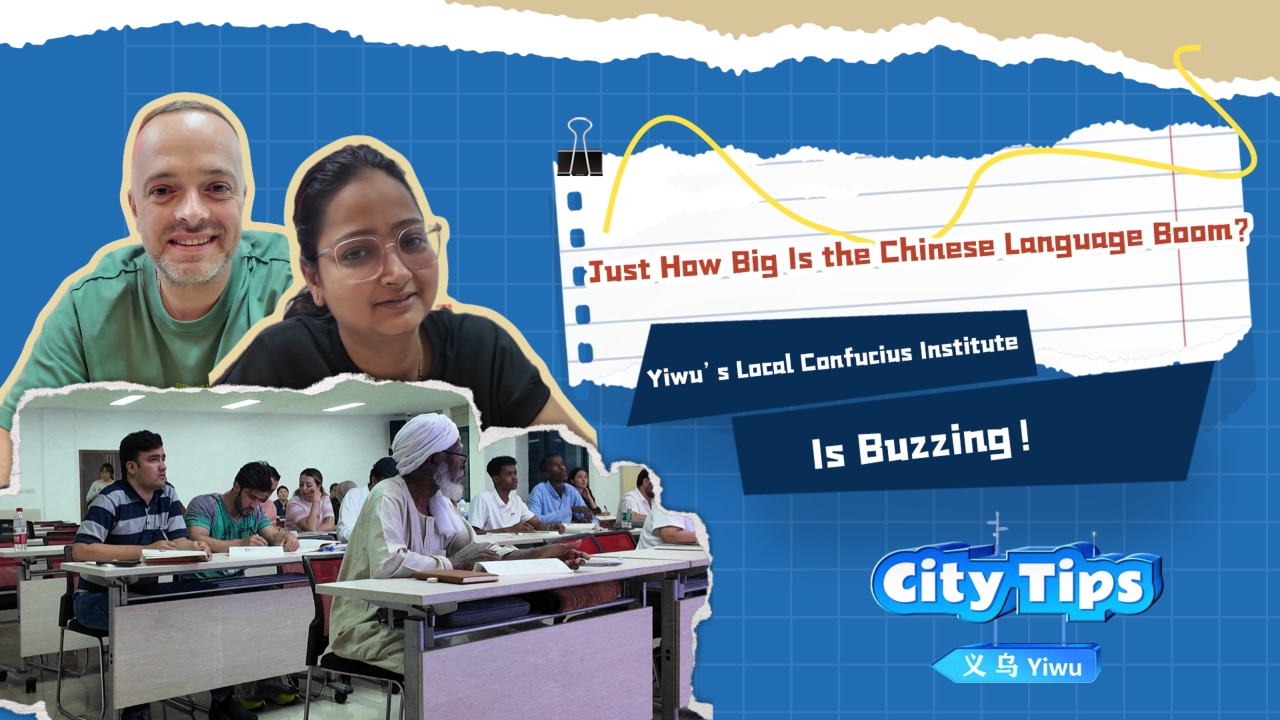

 京公網安備 11010202009201號
京公網安備 11010202009201號